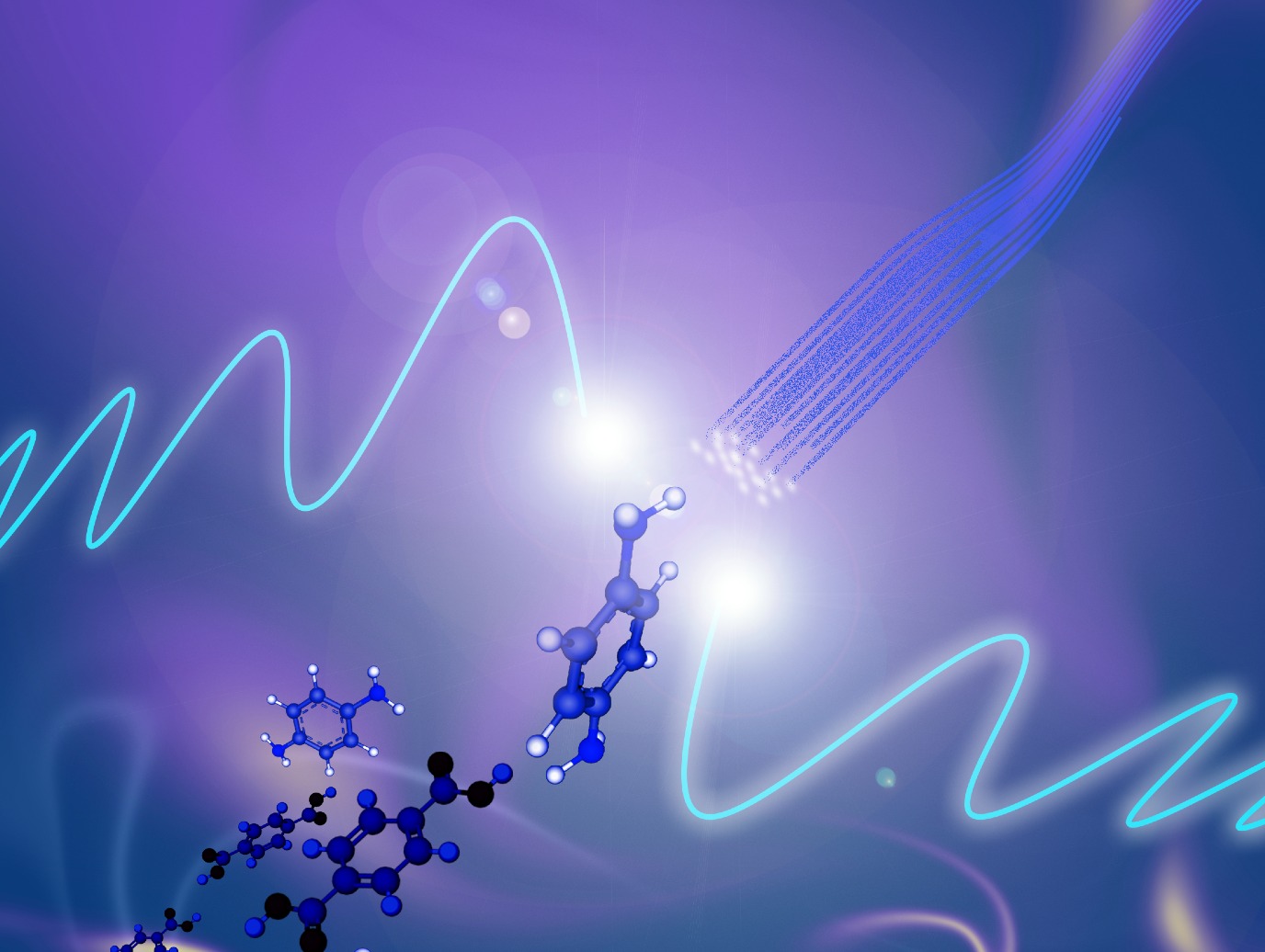Highlighted papers February 2025
Recycling your bulletproof vest in a microwave reactor

Twaron and Kevlar are brand names for aramid fibres, which are strong as steel yet much lighter. They are used to make bulletproof vests, strong ropes, and high-performance car tires, for example. These extremely tough materials have one drawback: they are very difficult to recycle. Polymer scientists at the University of Groningen and NHL Stenden University of Applied Sciences (the Netherlands), in cooperation with the Dutch company Teijin Aramid, have developed a novel microwave-assisted chemical recycling process for aramid fibres, as described in a publication in the Journal of the American Chemical Society on 21 February.
Organic solvents
Aramid fibers are spun from PPTA, short for poly(p-phenylene terephthalamide). Current recycling techniques include mechanical and chemical recycling. But the mechanical recycling of Aramid results in a lower quality material, and although chemical recycling can break down the polymer into monomers, current methods require the use of organic solvents for several hours at high temperature and pressure.
The new technique uses a microwave reactor, which accelerates depolymerization at lower temperatures and requires no organic solvents. The process has a conversion rate of 96% in 15 minutes.
Sustainable material management
‘Given the $2.9 billion aramid fibres market, this process could contribute to more sustainable material management and support closed-circle recycling initiatives in the industry,’ says Katja Loos, Professor of Macromolecular Chemistry and corresponding author of the JACS paper. In order to better understand and improve the depolymerization process, more research needs to be done in collaboration with Teijin Aramid.
This research is sponsored by the Closing Carbon Cycles with Renewable Amines (3CRA) programme of the Netherlands Enterprise Agency, and was conducted within the hybrid research group "Biopolymers and Recycling Innovation" (HyBRit). HyBRit is a collaboration between the University of Groningen and NHL Stenden.
Reference: Joël Benninga, Bert Gebben, Rudy Folkersma, Vincent S.D. Voet en Katja Loos: Rapid Microwave-Assisted Chemical Recycling of Poly(p-Phenylene Terephthalamide). JACS 21 februari 2025
| Last modified: | 24 April 2025 11.17 a.m. |
More news
-
24 April 2025
Highlighted papers April 2025
The antimalarial drug mefloquine could help treat genetic diseases such as cystic fibrosis, Duchenne muscular dystrophy, as well as some cancers.
-
22 April 2025
Microplastics and their effects on the human body
Professor of Respiratory Immunology Barbro Melgert has discovered how microplastics affect the lungs and can explain how to reduce our exposure.
-
15 April 2025
1.5 million funding from Province of Groningen for innovative technology in the region
The University of Groningen will receive nearly 1.5 million euros in funding from the Province of Groningen to assist entrepreneurial academic researchers in developing innovative ideas into a startup.
